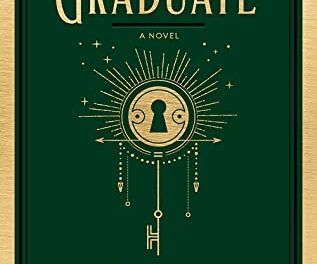
Island of the Lost by Joan Druett
on 2007Genres: Non-Fiction
Pages: 284
Format: Audiobook
Source: Bought
Buy on Amazon Goodreads

Auckland Island is a godforsaken place in the middle of the Southern Ocean, 285 miles south of New Zealand. With year-round freezing rain and howling winds, it is one of the most forbidding places in the world. To be shipwrecked there means almost certain death.
Using the survivors' journals and historical records, award-winning maritime historian Joan Druett brings the extraordinary untold story of two shipwrecks on the same island at the same time to life, a story about leadership and the fine line between order and chaos.
History is so bizarre sometimes, it’s hard to believe. This story is one of those stories.
In the mid 19th century, TWO shipwrecks happen on treacherous Auckland Island. This island is so remote (285 miles south of New Zealand) and so prone to shipwrecks that the New Zealand government started leaving emergency depots for castaways in the 1800s. This would include food mostly. And they would start leaving boats and other materials around the island to help survivors in case they found themselves castaway on Auckland.
This book is about two shipwrecks, happening at THE SAME TIME on THE SAME ISLAND. And yet, these two group of men didn’t know about the other. What begins are two very different accounts of castaways, one where they band together and succeed and the other that is more every man for themselves and possibly resort to cannibalism.
The book goes back and forth between these two stories, relaying mostly on well detailed diaries of the survivors. Both shipwreck stories are miraculous in their own way, and filled with horror and heartbreak and strength. I really enjoyed each story, feeling especially compelled to the Grafton castaways. The writing is good, pulling the reader into the time and the challenges of all of the men on the island. I think Druett did a good job of writing this story like it was fiction, not being too dry or bogging us down with a lot of unnecessary details.
The audiobook reader is good too. While his inflections took sometime getting used to, he was easy to listen to and wove a good story with some emotion.
If you’re interested in castaways or stories of triumph, then this book is for you. It’s a fascinating account of two very different groups of castaways and how they survived or perished by using ingenuity, companionship and hope.







 Kimberly majored in Songwriting and currently works full time in the music industry. When she's not listening to music, knitting or writing, you can find her outside reading her favorite genres: Young Adult, Adult Fiction, Mystery, and Romance.
Kimberly majored in Songwriting and currently works full time in the music industry. When she's not listening to music, knitting or writing, you can find her outside reading her favorite genres: Young Adult, Adult Fiction, Mystery, and Romance.